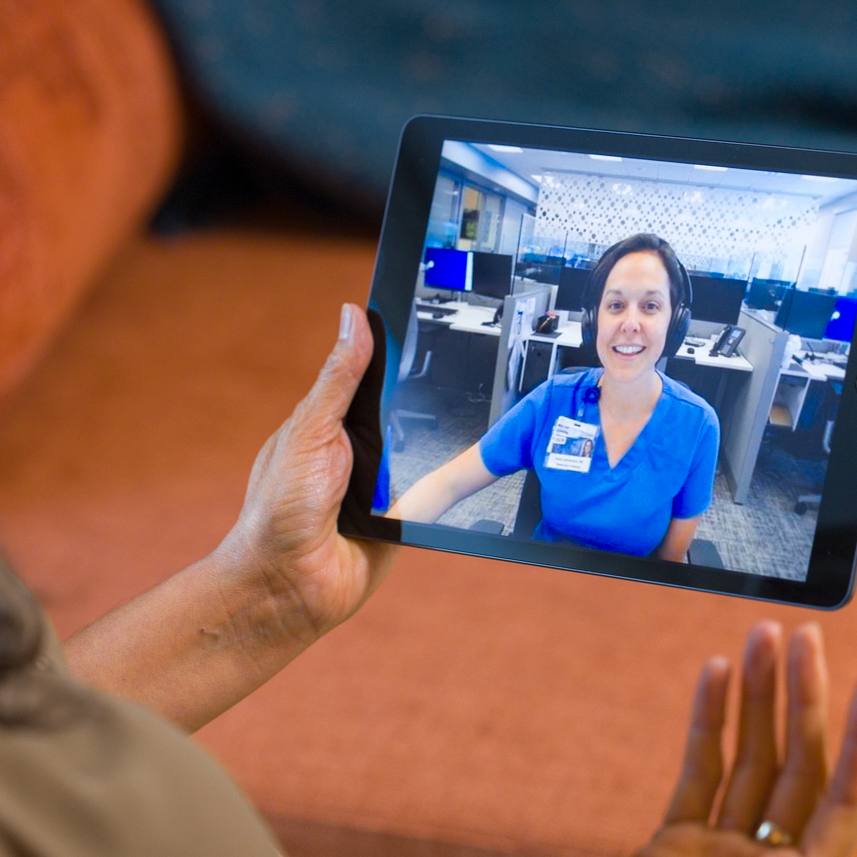-
Mayo Clinic Q and A: What is overactive bladder?

DEAR MAYO CLINIC: I'm a 48-year-old woman who just started going through menopause. I feel like I'm handling the hot flashes, sleepless nights and other symptoms OK, but my bladder is going crazy. Sometimes, when I realize I need to go, I can't make it to the bathroom in time. I have started wearing pads because of the leaks. Is this just part of getting older? It's embarrassing.
ANSWER: It's possible that you have an overactive bladder. It's a common condition that affects over 34 million adults in the U.S. It is more common in women, with reports of about 1 in 4 women experiencing episodes of leaking urine involuntarily.
Overactive bladder causes a sudden urge to urinate and affects both men and women. This urge can be difficult to stop and lead to the uncontrolled loss of urine, known as urge incontinence.
People with overactive bladder often report feeling embarrassed, isolating themselves, or limiting work and social life. Here are answers to common questions about overactive bladder.
What causes an overactive bladder?
Hormonal changes during menopause increase your risk for overactive bladder, which may explain why you are starting to experience symptoms now. During menopause, the amount of estrogen in your body goes down, and this can decrease muscle strength, including your pelvic floor muscles. Pregnancy and childbirth are other major reasons for the increased prevalence of incontinence in women compared to men.
Usually, when your bladder is full of urine, the brain signals the bladder to empty. Your bladder muscles contract and force urine out of the bladder. When the bladder is not full, your bladder is relaxed.
With a healthy bladder, the brain signals that the bladder is getting full, but there is time to wait to go to the bathroom. With an overactive bladder, there is no waiting. People often feel a sudden urge to urinate. This also can happen if the bladder is not full.
If the nerve signals between the bladder and brain do not work properly, an overactive bladder can result. It also can occur when your bladder muscles are too active, causing the bladder muscles to contract and pass urine before the bladder is full. This sudden, strong urge to urinate is called urinary urgency.
Why is it important to talk to a health care professional?
An overactive bladder can get in the way of your work, social life, exercise and sleep routines. It's important to discuss a variety of treatments with your health care team, as overactive bladder symptoms can make daily life difficult.
The good news is that a brief evaluation can determine whether there's a specific cause for your overactive bladder symptoms.
What can you do to reduce your risk of overactive bladder?
These healthy lifestyle choices may reduce your risk of overactive bladder or decrease your symptoms:
- Maintain a healthy weight.
- Drink enough water.
- Get regular, daily physical activity and exercise.
- Limit consumption of caffeine and alcohol.
- Quit smoking.
- Manage chronic conditions, such as diabetes, that might contribute to overactive bladder symptoms.
How do urology professionals help you manage your symptoms?
A combination of treatment strategies may be the best approach to relieve overactive bladder symptoms. There are a variety of treatments for managing overactive bladder, and a combination of treatment strategies may be the best approach for you. Options may include simple behavioral modifications, injections, physical therapy, oral medications or outpatient procedures.
It's important that you discuss your medical history and current symptoms with your health care team. They can develop an individualized treatment plan for you to manage your symptoms and provide some relief. — Robyn Bernett, Urology, Mayo Clinic Health System, La Crosse, Onalaska, Sparta and Tomah, Wisconsin
****************************
Related Articles
- Mayo Clinic Minute: Menopause and sexual health published 5/18/23
- Mayo Clinic Minute: Menopause and the heart connection published 5/17/23
- Mayo Clinic Minute: Combating weight gain during menopause 5/15/23
- Mayo Clinic Minute: Why alcohol and menopause can be a dangerous mix 5/9/23
- Menopause: Ensuring a tranquil transition published 4/26/23
- Bladder issues common for women of all ages published 9/23/22
Related Articles







